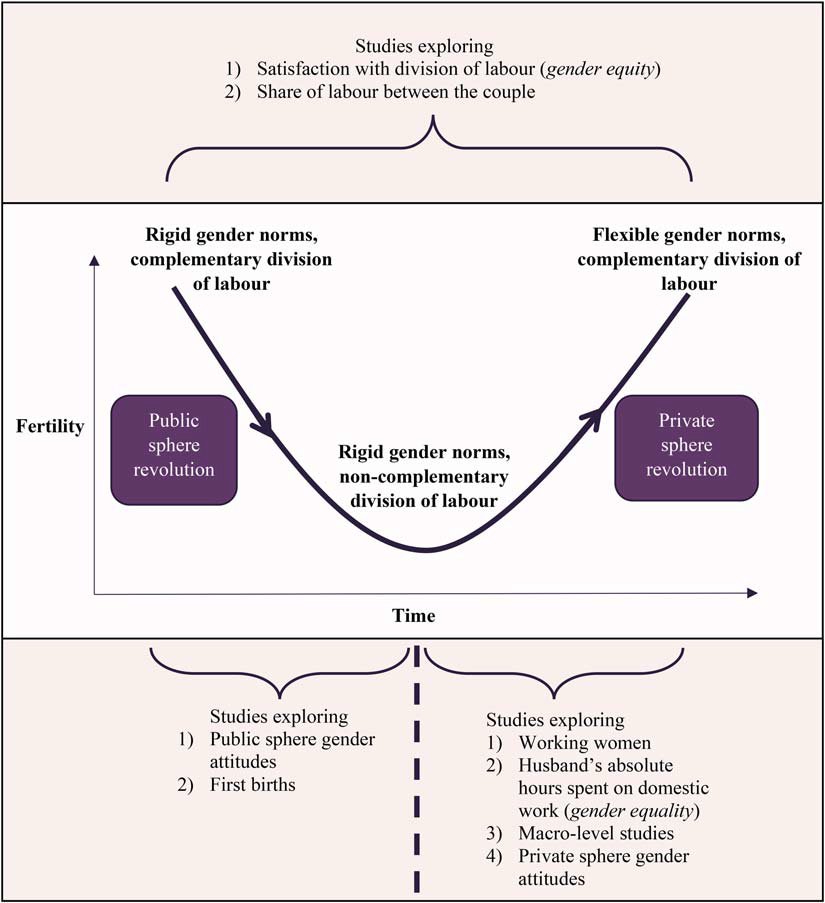1/n The best Christmas present ! The first paper of my PhD with @RebeccaSear is out today in Population Studies, and it’s open access for one month (thanks @Routledge_Socio !). A thread:
! The first paper of my PhD with @RebeccaSear is out today in Population Studies, and it’s open access for one month (thanks @Routledge_Socio !). A thread: https://bit.ly/PopStudFA
https://bit.ly/PopStudFA
 ! The first paper of my PhD with @RebeccaSear is out today in Population Studies, and it’s open access for one month (thanks @Routledge_Socio !). A thread:
! The first paper of my PhD with @RebeccaSear is out today in Population Studies, and it’s open access for one month (thanks @Routledge_Socio !). A thread: https://bit.ly/PopStudFA
https://bit.ly/PopStudFA
2/n We evaluate the literature on #genderequity in the household and #fertility in high-income countries. This is a BIG literature and we needed to do a lot of prep before evaluating it.
3/n So much of the thinking in family sociology is influenced by theories written in the 1960s, when the male-breadwinner family model was at its most prevalent. This has strongly influenced what is considered a ‘traditional’ labour division for families.
4/n Before beginning our review, we therefore critique the current theories of gender equity and fertility, using evolutionary theory for its critical lens. We also used the Traits-Desires-Intentions-Behaviour framework to group our review findings to evaluate study quality.
5/n We argue authors should engage with complementary theories like this: i) evo theory for the ‘why’ explanation (here WHY does gendered division of labour affect fertility) and ii) TDIB theory for the ‘how’ explanation (HOW does gendered division of labour affect fertility)
7/n In the review we broadly find evidence supporting gender revolution ideas, which we summarise in this figure. BUT there is A LOT of nuance and subtle variation making formal meta analysis impossible. We argue better engagement with theory ahead of analysis can improve this.
8/n Some reflections about systematic reviews (esp. if you’re a PhD student considering doing one). This paper took nearly two years to write. However, it gave me a lot of confidence about my knowledge of the topic and it's made the narrative of my thesis much easier to write.
9/n Finally, thank you to the 3 reviewers who gave their time during a pandemic to comment on this paper. We’re all overstretched right now so I’m really grateful.

 Read on Twitter
Read on Twitter


